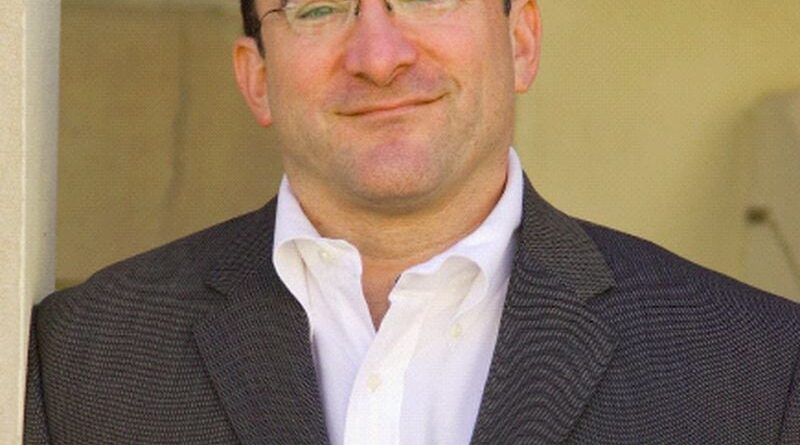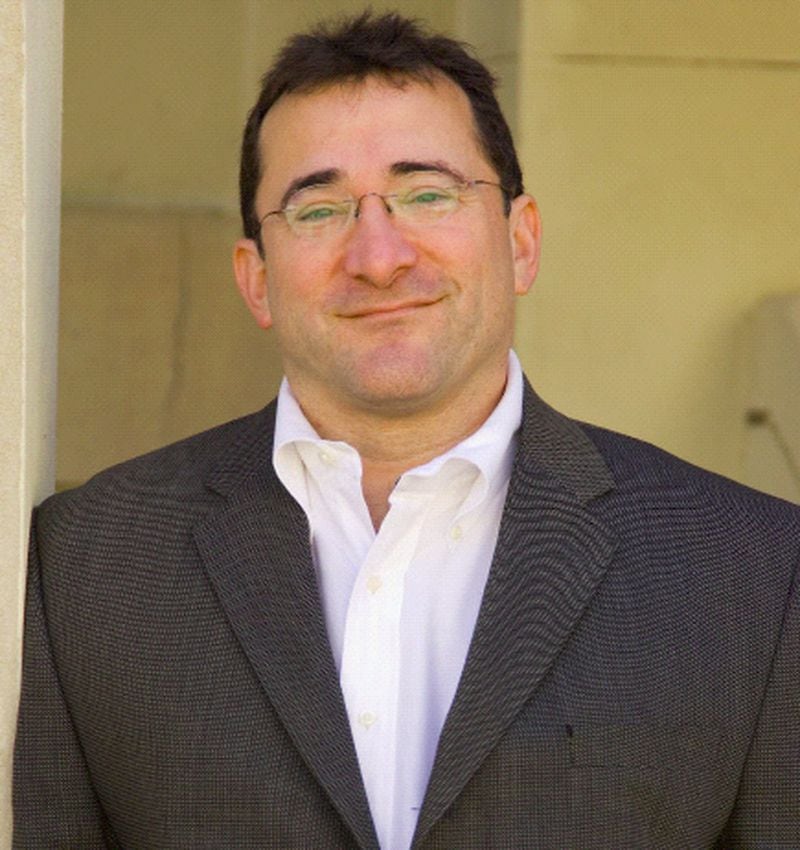Are you stressed about the election? You are not alone, here is what you can do to control it.
About two months before Election Day, Dr. Drew Westen, distinguished professor of psychology and psychiatry at Emory University and author of the book “The Political Brain,” offers tips on what we can do to take a deep breath. this cycle.
Answers were edited for clarity and brevity.
Q: So what do you see as the current political and ideological climate through your lens?
A: So you have on the one hand, you have polarization, (and) on the other, you have violent rhetoric, which has been part of our political discourse for a long time. The last time we saw something like that, was the violent rhetoric of the left wing in the 1960s, along with the anti-war movement. And then the other part is obviously the silo organization that came with social media and you know it’s getting worse with (artificial intelligence) and what can be done with AI. So when you put those things together and you add that, I believe, the fact that everybody is now connected all the time in one way or another, even if they’re not interested in politics or they’re not working , they get things from their food. , you know, if they’re 50 and over, Facebook, if they’re 25 and under, TikTok. Wherever they get it, they always get it.
Q: In your book “The Political Brain” you write that when it comes to issues and policies, it’s a gut feeling. Can you expand on that?
A: I think about what lies after that the anxiety from now is this is not a common choice. You know, actually, I was very involved in the (Barack Obama) campaign on the messaging side at times. But in 2012, you know, if Mitt Romney had been elected, and if President Obama hadn’t been reelected, I wouldn’t have been happy about it, but I wouldn’t have thought, “Oh, well, our republic it goes there.” That would be fine. So we’re going to have more tax cuts for the rich in the next four years and that’s life. But I don’t think there are many people in the past, oh, I don’t know, for several decades they thought the world would collapse if one side won. I mean, you feel that way until the day after the election, and then you go, “You know what , back to my normal life. I go back to work and I vote and my vote works or it doesn’t work, and you know, that’s it.”
Q: We all have that one colleague or aunt or uncle with whom we disagree politically. We have to see and talk to these people every day between now and November. So how can people engage in public discussion once you’ve explained all of this talk? How do we reduce time?
A: It’s a big question because few of us are listening now. You know, most of us talk to people who agree with us and not to people who disagree with them. You know, I think a good rule of thumb right now is if you want to ask someone out, say a family member on the other side of you, don’t bother. You can’t convince them. The best thing you can do is tell them and tell yourself, “You know what, when Nov. 5 and whatever comes next, no matter how long it takes to read, football is over. we’ll still be here.
Q: What parting words would you give everyday voters to do that and hold on for the 60 days between now and November?
A: Another thing that we know tends to reduce anxiety is when people take a sense of agency in their lives. And I’ve never felt like this in an election before that this can make a difference in mental health. But I think you should learn and make sure that you choose whatever you choose, and that, you know, first I’m going to choose and I’m going to talk to the people around me about why Why do I think it’s important for them to vote? , I think it’s something that can make people feel better because it makes you feel like there’s at least something I can do. You know, it’s funny: You never think of voting as an anti-anxiety pill. I can tell you in my life and in stressful times, it has been very useful to remember to have the courage to change what you can, like the elections; the silence of accepting what you cannot do, such as how other people will choose; and the wisdom to know the difference.
Tuesday in “Georgia Politics”: Gabe Sterling, chief operating officer of the secretary of state’s office, will be about the candidates in the Georgia election. Now, The Atlanta Journal-Constitution’s Katherine Landergan talks about her research on the Georgia Vocational Rehabilitation Agency that helps people with disabilities in Georgia.
#stressed #election #control

